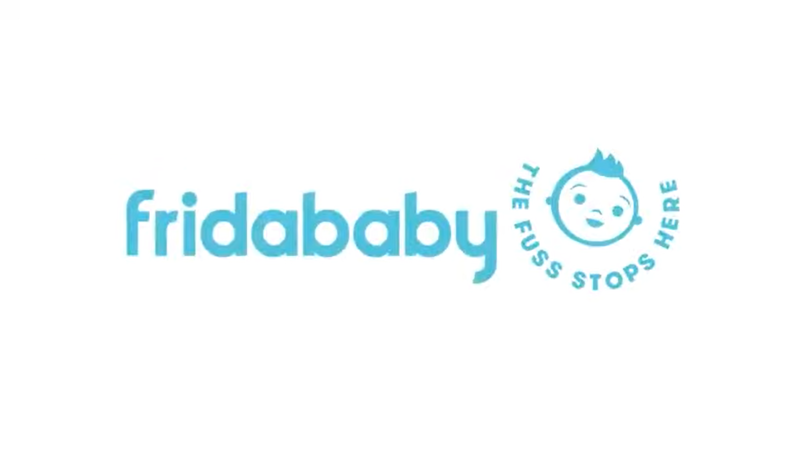England's NHS Bans Puberty Blockers
Sign up for a six month free
trial of The Stand Magazine!
It seems maybe we need to be taking notes from across the pond.
England's National Health Service (NHS) banned the use of puberty blockers for children seeking treatment for gender incongruence, also known as the mental illness of transgenderism.
Puberty blockers, according to the Mayo Clinic,
“can be used to delay the changes of puberty in transgender and gender-diverse youth who have started puberty. The medicines most often used for this purpose are called gonadotropin-releasing hormone (GnRH) analogues.”
“In people assigned male at birth, GnRH analogues slow the growth of facial and body hair, prevent voice deepening, and limit the growth of the penis, scrotum and testicles. In people assigned female at birth, this treatment limits or stops breast development and stops menstruation.”
The NHS website confirmed,
“Puberty blockers (gonadotrophin-releasing hormone analogues) are not available to children and young people for gender incongruence or gender dysphoria because there is not enough evidence of safety and clinical effectiveness.”
Studies conducted on gender dysphoric minors have shown that children exposed to GnRH are more likely to display a decline in mental health. As reported by Fox News, an analysis conducted by the University of Essex found that one-third of youth who have taken puberty blockers, GnRH in particular, experienced depression and anxiety following the medication.
“The original study, which came from NHS's Gender Identity Development Service (GIDS) at Tavistock and University College London Hospitals (UCLH) in 2021, analyzed 44 children between the ages of 12 and 15 who took puberty-blocking drugs …
“At the time, the researchers determined that the drugs had no impact on the kids’ mental health over a 36-month follow-up period. However, a new analysis of the study determined that 34% of the trans youth experienced a decline in mental health while taking puberty blockers.”
While England is the first to place an official ban on the blockers, other European countries have exercised extreme caution in dealing with the medicating of young children diagnosed with a gender identity disorder.
“In Europe political divisions on this topic aren’t nearly as conspicuous as they are in the U.S. Rather, the debate is much more fact-based,” Forbes Senior Contributor Joshua Cohen wrote in December 2023.
“An increasing number of countries have conducted systematic reviews of evidence to determine the benefits and risks of puberty blockers and cross-sex hormones. And the findings from these reviews—that the certainty of benefits is “very low”—have informed changes in policy regarding treatment of gender incongruence in minors. While European health authorities aren’t instituting bans on treatment, currently minors in six European countries—Norway, U.K. Sweden, Denmark, France and Finland—can access puberty blockers and cross-sex hormones only if they meet strict eligibility requirements, usually in the context of a tightly controlled research setting.”
Doctor Ricard Nergårdh, a pediatric endocrinologist affiliated with the Karolinska Institute – a research-led medical university located in Solna, Sweden – explained to Swedish TV's Mission Investigate in 2021, “What we call GnRH treatment is chemical castration. And it can affect mental health in an unintended, undesirable way …” Adding that he was “very worried” about the administration of GnRH in young people.
In an article following England’s decision, CNN referred to puberty blockers as being noninvasive. Yes, the same puberty blockers that Dr. Nergårdh referred to as “chemical castration,” are used to stop the biological processes of a child’s body from morphing and mutating them into something they were not created to be.
Non-invasive, right.
Of course, like anything else, the decision was met with backlash by the blue-haired bizzarro brigade, but it was also refreshingly praised by the likes of the UK’s Health and Social Care Secretary Victoria Atkins who said on X (formerly Twitter),
“Care that affects our children's health and wellbeing so profoundly must always be based on clinical evidence. I welcome NHS England's decision today to end the routine prescription of puberty blockers to children.”
Health Minister Maria Caulfield also took to the platform to give her stamp of approval, stating she welcomed “this groundbreaking change as children’s safety and wellbeing are paramount as we announce children will no longer be prescribed puberty blockers.”
As for the U.S., only 19 of our 50 states have some sort of restrictions regarding the accessibility of gender-affirming care. It is high time we get back to God, take a page from our neighbor’s book, and put an end to this evil.

Sign up for a free six-month trial of
The Stand Magazine!
Sign up for free to receive notable blogs delivered to your email weekly.



















